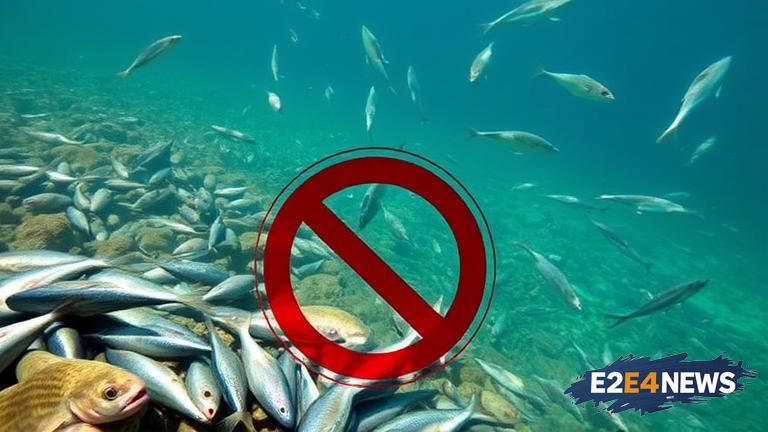The Israeli government has recently imposed a ban on fishing in the Gaza Sea, citing security concerns as the primary reason. This move has been met with widespread criticism and outrage from Palestinians and international communities, who argue that it is a form of collective punishment. The ban has been in place since July 2025 and has already had a significant impact on the livelihoods of thousands of Palestinians who depend on fishing as their primary source of income. The Gaza Sea is a vital source of income for many Palestinians, with fishing being a major industry in the region. The ban has not only affected the fishing industry but also the entire economy of Gaza, which is already struggling due to years of blockade and conflict. Many Palestinians have expressed their frustration and anger towards the Israeli government, accusing them of using the ban as a tool to punish the entire population of Gaza. The international community has also condemned the ban, with many calling it a violation of human rights and international law. The United Nations has expressed its concern over the ban, stating that it will exacerbate the already dire humanitarian situation in Gaza. The European Union has also condemned the ban, calling it a disproportionate measure that will harm the civilian population. The ban has also been criticized by human rights organizations, who argue that it is a form of collective punishment that is prohibited under international law. The Israeli government has defended the ban, stating that it is necessary to prevent Hamas from using the sea to smuggle weapons and materials. However, many experts have questioned the validity of this claim, arguing that there are other ways to address security concerns without imposing a blanket ban on fishing. The ban has also raised concerns about the impact on the environment, with many warning that it could lead to the depletion of fish stocks and damage to the marine ecosystem. The Gaza Sea is home to a diverse range of marine life, and the ban could have long-term consequences for the health of the ecosystem. Despite the criticism, the Israeli government has shown no signs of lifting the ban, leaving thousands of Palestinians without a source of income. The ban has also had a significant impact on the mental health of Palestinians, with many reporting feelings of frustration, anxiety, and despair. The international community has called on the Israeli government to lift the ban and find alternative solutions to address security concerns. The situation in Gaza remains dire, with many Palestinians struggling to survive due to the ban and other restrictions. The Gaza Sea fish ban is just one of many restrictions imposed by the Israeli government, which has been accused of using collective punishment as a tool to control the population. The ban has also raised concerns about the role of the international community in addressing the situation in Gaza, with many calling for more action to be taken to protect the rights of Palestinians. The situation in Gaza is complex and multifaceted, with many different factors contributing to the crisis. However, one thing is clear: the Gaza Sea fish ban is a devastating blow to the livelihoods of thousands of Palestinians and must be lifted immediately. The international community must take action to address the situation in Gaza and protect the rights of Palestinians. The Gaza Sea fish ban is a clear example of the need for a more nuanced and comprehensive approach to addressing the conflict in the region. By working together, we can find solutions that address the security concerns of all parties while also protecting the rights and livelihoods of Palestinians.
